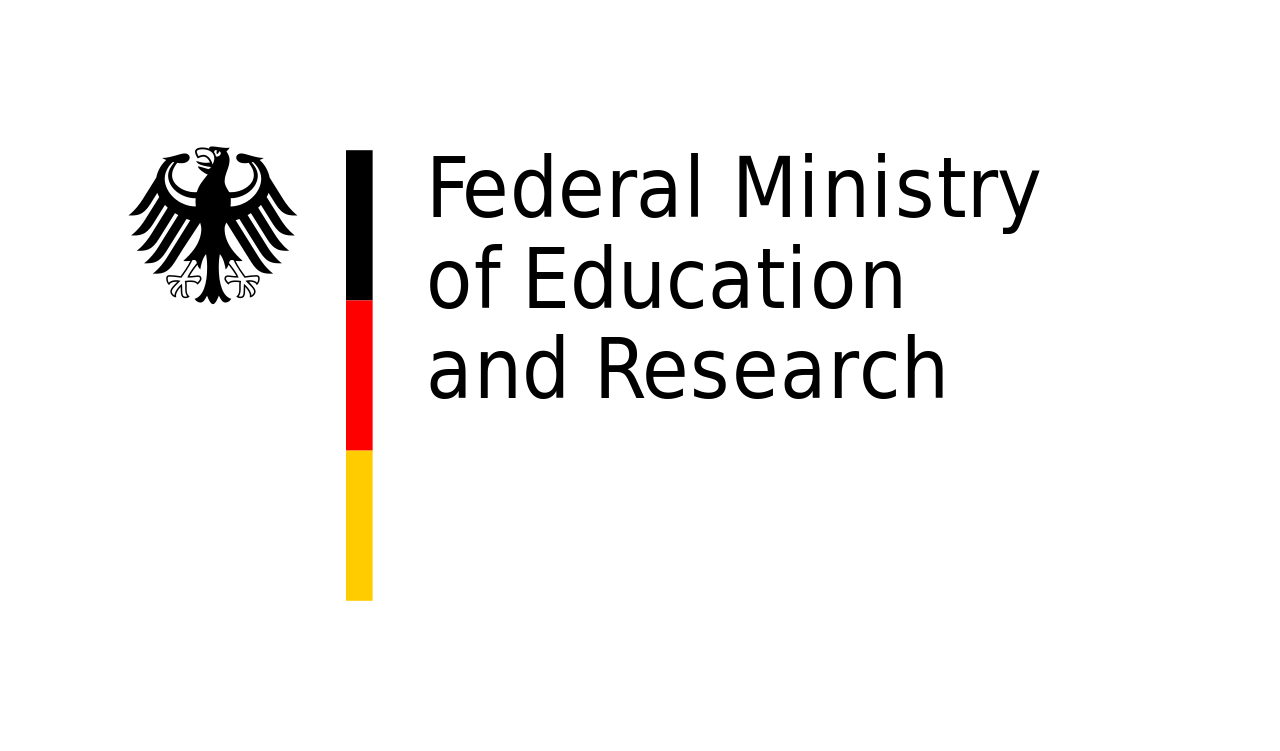
| Funding period: | Jan. 1, 2012 to Dec. 31, 2016 |
| Agency: | BMBF |
We acknowledge funding by the BMBF project "Konzeptentwicklung für die Abwasserbehandlung von Textilunternehmen in Vietnam mittels photokatalytischer Oxidation mit nanoskaligem Titandioxid als Photokatalysator" (BMBF)
Waste water produced by textile and dye factories is highly toxic and hard to degrade in conventional waste water treatment plants. This problem is a major issue in Vietnam, a country which has witnessed an enormous economic growth in recent years which has been accompanied by severe environmental problems.rnrnIn order to deal with such challenges, the German Ministry of Education and Research (BMBF) launched the program "International Partnerships for Sustainable Technologies and Services for Climate Protection and the Environment" (CLIENT) in the framework of its initiative "Research for Sustainable Development". This program aims at initiating international partnerships for research and development in the fields of environmental technology with a major focus on cooperations between Germany and the BRICS states and Vietnam. Together with the Vietnamese Ministry of Science and Technology (MOST), the BMBF has approved within this call the project NaViTex proposed by a German-Vietnamese consortium headed by TU Dresden and the Hanoi University of Science and Technology aiming at the development of novel ways for the degradation of waste water produced by textile and dye factories.rnrnThis research consortium is coordinated by the Chair Materials Science and Nanotechnology which is headed by Prof. Gianaurelio Cuniberti, Institute of Materials Science at the TU Dresden. The industrial partners are UMEX GmbH Dresden (director: Mr. Steffen Johne), which possesses a long-term experience in the field of waste water treatment by Advanced Oxidation Processes (AOP) and GMBU e. V. from Dresden-Rossendorf (director: Dr. Helfried Haufe). The latter will contribute its outstanding expertise in the investigation and development of photocatalytic layers. The partner in Vietnam is the School of Chemical Engineering at Hanoi University of Science and Technology, directed by Dr. Nguyen Minh Tân.rnrnIn the coming three years, the partners will develop a sustainable concept for the construction of a reactor platform, capable of removing toxic dyes from textile waste water. The principle is based on nanostructured photocatalysts and with sunlight as the energy source. Due to their material and power efficiency and the possibility for on-site waste water purification, the principles and products developed in Dresden and Vietnam will find a broad range of applications in developing countries and emerging nations.

| Funding period: | Jan. 1, 2012 to Dec. 31, 2016 |
| Agency: | BMBF |
We acknowledge funding by the BMBF project "Konzeptentwicklung für die Abwasserbehandlung von Textilunternehmen in Vietnam mittels photokatalytischer Oxidation mit nanoskaligem Titandioxid als Photokatalysator" (BMBF)
Waste water produced by textile and dye factories is highly toxic and hard to degrade in conventional waste water treatment plants. This problem is a major issue in Vietnam, a country which has witnessed an enormous economic growth in recent years which has been accompanied by severe environmental problems.rnrnIn order to deal with such challenges, the German Ministry of Education and Research (BMBF) launched the program "International Partnerships for Sustainable Technologies and Services for Climate Protection and the Environment" (CLIENT) in the framework of its initiative "Research for Sustainable Development". This program aims at initiating international partnerships for research and development in the fields of environmental technology with a major focus on cooperations between Germany and the BRICS states and Vietnam. Together with the Vietnamese Ministry of Science and Technology (MOST), the BMBF has approved within this call the project NaViTex proposed by a German-Vietnamese consortium headed by TU Dresden and the Hanoi University of Science and Technology aiming at the development of novel ways for the degradation of waste water produced by textile and dye factories.rnrnThis research consortium is coordinated by the Chair Materials Science and Nanotechnology which is headed by Prof. Gianaurelio Cuniberti, Institute of Materials Science at the TU Dresden. The industrial partners are UMEX GmbH Dresden (director: Mr. Steffen Johne), which possesses a long-term experience in the field of waste water treatment by Advanced Oxidation Processes (AOP) and GMBU e. V. from Dresden-Rossendorf (director: Dr. Helfried Haufe). The latter will contribute its outstanding expertise in the investigation and development of photocatalytic layers. The partner in Vietnam is the School of Chemical Engineering at Hanoi University of Science and Technology, directed by Dr. Nguyen Minh Tân.rnrnIn the coming three years, the partners will develop a sustainable concept for the construction of a reactor platform, capable of removing toxic dyes from textile waste water. The principle is based on nanostructured photocatalysts and with sunlight as the energy source. Due to their material and power efficiency and the possibility for on-site waste water purification, the principles and products developed in Dresden and Vietnam will find a broad range of applications in developing countries and emerging nations.